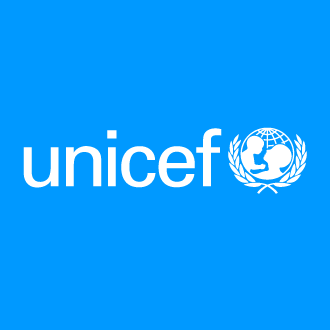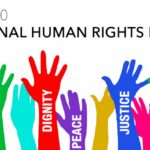On December 11, people all over the world commemorate the day UNICEF was founded in 1946 by celebrating the organization’s birthday. The United Nations Children’s Fund, also known as UNICEF, was initially established to help children and mothers in post-World War II countries that needed emergency food and medical care. By offering nourishment, education, emergency aid, clean water and sanitation, healthcare and vaccines, and other humanitarian services, the reputable and reliable charity has now contributed to the survival of more children than any other humanitarian organization. We particularly reflect on their worldwide effect and the difference we can each make on this day.
Through a special program of collaboration created with the host government, UNICEF depends on national offices to assist with carrying out its activities. The program’s overarching goal is to create workable plans for guaranteeing and defending the rights of children and women. This work is supervised by regional offices, who also support national offices with technical help when needed. At its headquarters in New York City, the organization is managed and administered overall.
UNICEF’s work is guided and monitored by an executive board of 36 government officials. It is the board’s responsibility to set rules, sanction programs, and approve administrative and financial plans and budgets. The president and four vice-presidents (one from each of the five regions) form the bureau, which is responsible for coordinating the organization’s activities. The executive board elects these five officers each year from among its own members, with the presidency alternating annually between the several regional groupings. The permanent members of the Security Council traditionally do not have executive positions.
The day is crucial in bringing attention to the need of ensuring children’s long-term growth and prosperity. Goals include ending hunger as well as racism, gender, and discrimination based on other identities. The main goals of UNICEF are to safeguard children everywhere and ensure that they have access to fundamental freedoms including a good education, healthy food, clean water, and immunizations.
After World War II, a day was set aside to aid those in need and save those whose lives were in danger. United Nations Children’s Fund (UNICEF) was established in late 1953 as a permanent UN institution. On this day in 1946, the General Assembly of the United Nations designated funds for the United Nations International Children’s Emergency Fund (UNICEF).
Swikriti Dandotia












